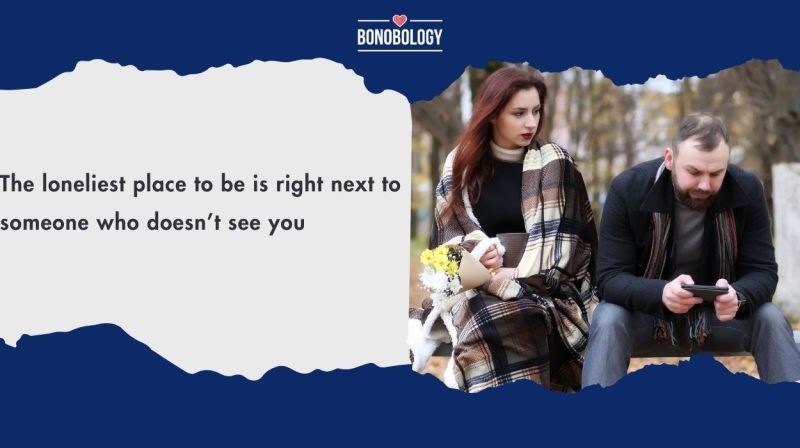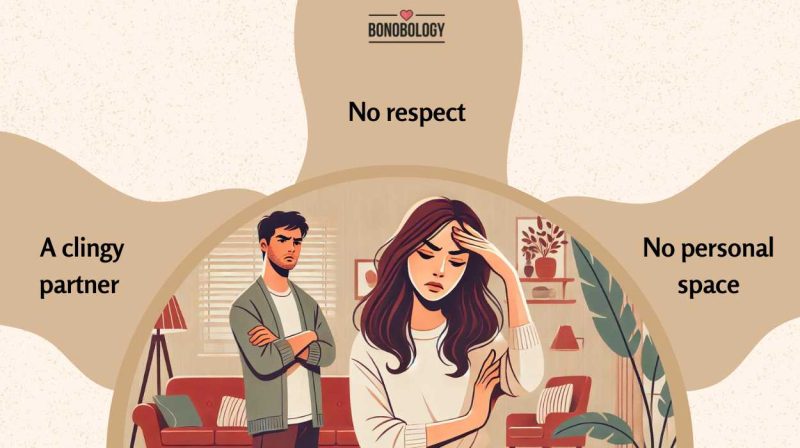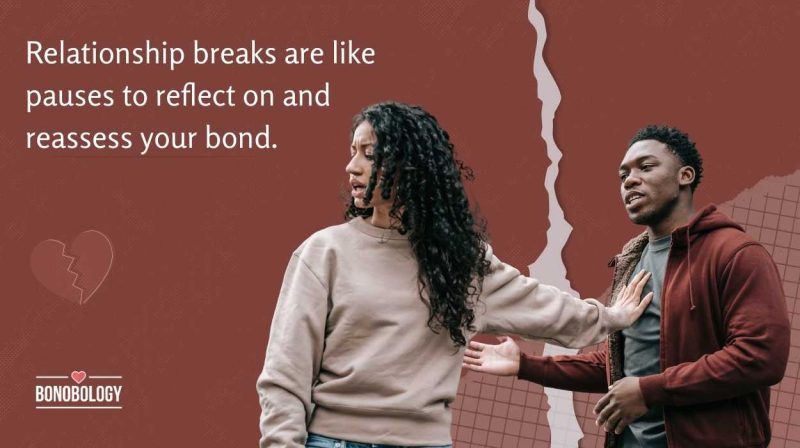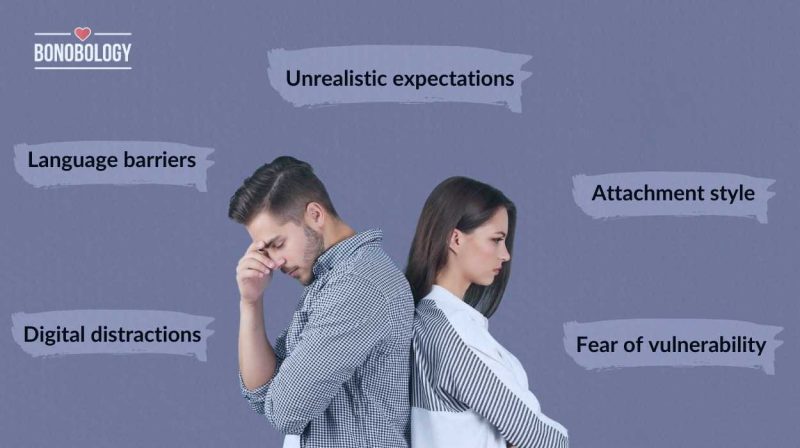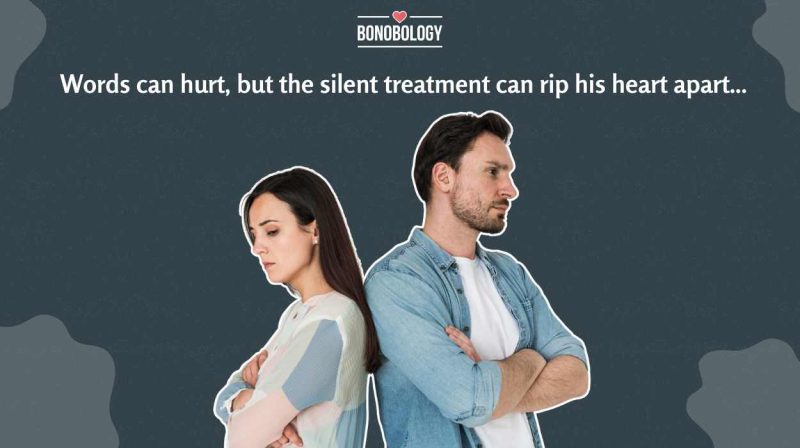21 Signs That You Are Alone In A Relationship
Any long-term relationship goes through its fair share of ups and downs, where intimacy and connection ebb and flow. As long as the sense of distance and being alone is a passing phase and you and your partner can find your way to each other, it’s not a cause of concern. However, when you start […]
21 Signs That You Are Alone In A Relationship Read More »

